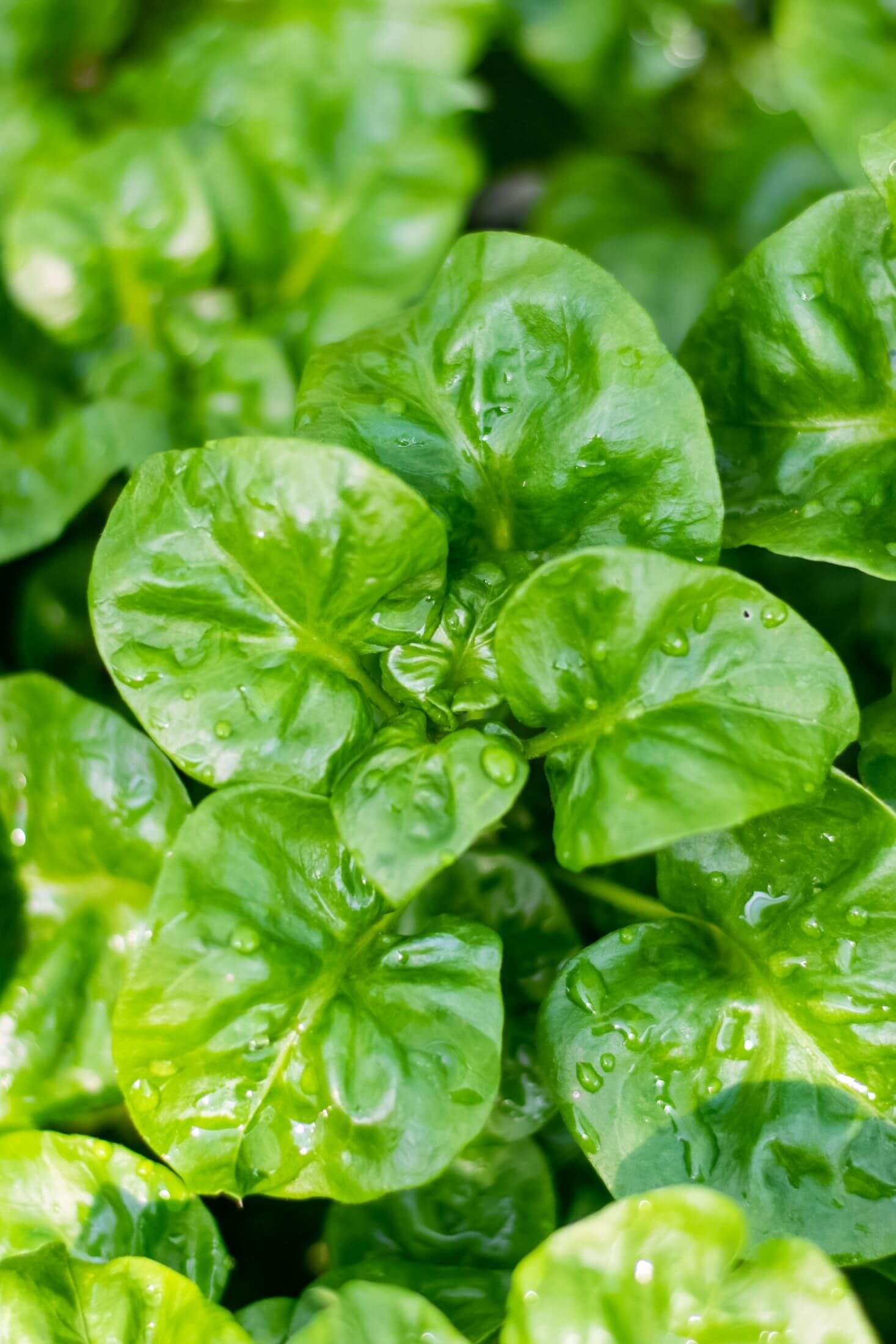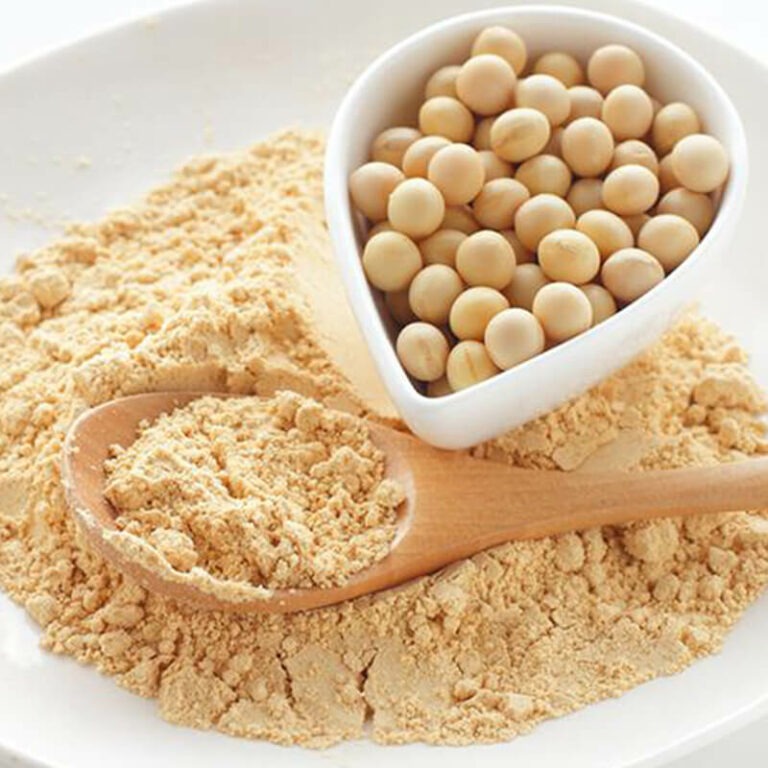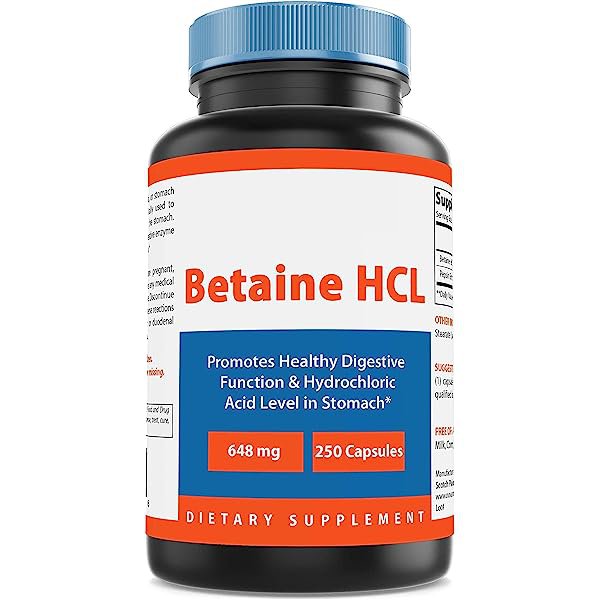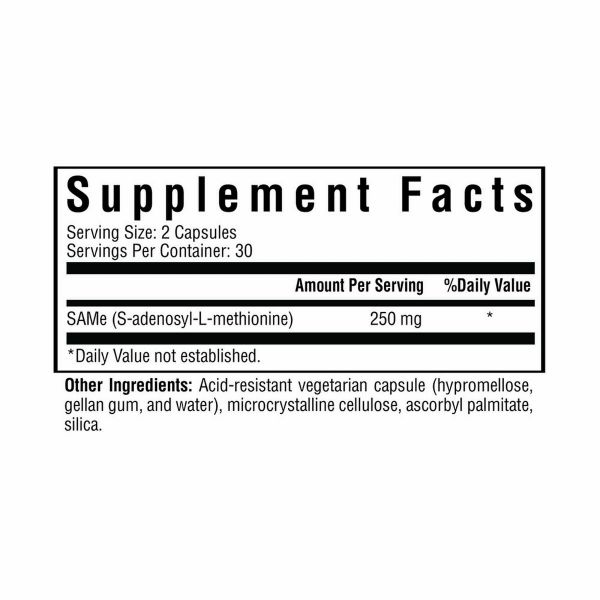Power Foods Unearthed – The Top 10 Nutrition sources for Athletes and Fitness Enthusiasts
Athletes, bodybuilders, and fitness warriors all have one thing in…
Athletes, bodybuilders, and fitness warriors all have one thing in common: the never-ending quest for optimal performance and physical health. While intense workouts and training routines are key to building strength and endurance, the foundation of success starts in the kitchen. Nutrition is the secret weapon that fuels your workouts, aids recovery, and keeps your body in peak condition. In this post, we’re taking an in-depth look at the top 10 power foods that can elevate your performance and help you reach your fitness goals. From nutrient-packed greens to protein-rich dairy, each of these foods plays a vital role in supporting your body’s needs on and off the field. So, let’s dive into the power-packed world of nutrition and discover how these foods can transform your athletic journey!
1. Leafy Greens: Nature’s Green Powerhouses
Why They’re a Nutrient Powerhouse
Leafy greens like spinach, kale, Swiss chard, and collard greens are true champions in the nutrition world. Despite being low in calories, these verdant heroes pack a potent nutritional punch:
- Vitamins: They are loaded with vitamins A, C, and K, as well as several B vitamins like folate and B6. These vitamins are essential for maintaining healthy skin, boosting your immune system, and supporting overall energy production.
- Minerals: Leafy greens are rich in calcium, potassium, magnesium, and iron. Calcium and magnesium are vital for strong bones and muscle contraction, while potassium helps maintain fluid balance and proper nerve function.
- Phytonutrients and Antioxidants: The antioxidants in leafy greens combat oxidative stress and inflammation—common by-products of intense physical training.
Benefits for Athletes
For athletes, strong bones and efficient muscle function are paramount. The nutrients found in leafy greens not only help build and repair muscle tissue but also contribute to faster recovery from injuries and strenuous workouts. These greens can also improve circulation, ensuring that your muscles receive the oxygen and nutrients they need during training.
How to Incorporate Leafy Greens
- Smoothies: Blend spinach or kale with fruits, Greek yogurt, and a splash of almond milk for a nutrient-dense smoothie.
- Salads: Create colourful salads by combining mixed greens with other vegetables, lean proteins, and a healthy dressing.
- Side Dishes: Sauté kale or spinach with garlic and olive oil as a simple, delicious side dish.
2. Berries: Nature’s Tiny Antioxidant Bombs
Why They Shine
Berries, including blueberries, strawberries, raspberries, and blackberries, are more than just a delicious snack—they are power-packed with antioxidants, vitamins, and fibre. Their vibrant colours are a signal of the rich antioxidant content, particularly anthocyanins, which help neutralize free radicals produced during intense exercise.
Benefits for Recovery and Immunity
- Oxidative Stress Protection: Antioxidants in berries protect your muscles from the oxidative stress that accompanies strenuous workouts, helping to reduce muscle soreness and promote faster recovery.
- Immune Support: The vitamins and fibre in berries support a robust immune system, ensuring that you’re less likely to miss a workout due to illness.
- Cognitive Function: Some research suggests that the antioxidants in berries can also support brain health, which is beneficial for focus and mental clarity during training sessions.
Delicious Ways to Enjoy Berries
- Smoothie Bowls: Top your favourite smoothie bowl with a mix of berries for added flavour, texture, and nutrition.
- Snacks: Keep a container of mixed berries in your fridge for a quick, healthy snack before or after workouts.
- Yogurt Toppings: Add berries to Greek yogurt or oatmeal to boost both taste and nutritional value.
3. Salmon: The Omega-3 Superstar
Why It’s a Must-Have
Salmon is revered not only for its rich flavour but also for its high-quality protein and omega-3 fatty acids. These essential fats are crucial for heart health and muscle recovery, making salmon a staple in the diet of many athletes.
Benefits for Heart and Muscle Health
- Omega-3 Fatty Acids: Omega-3s, including EPA and DHA, help reduce inflammation in the body, accelerate muscle recovery, and promote overall cardiovascular health. A healthy heart is vital for any athlete, as it ensures efficient oxygen delivery to muscles during exercise.
- High-Quality Protein: Salmon provides a complete source of protein that aids in muscle repair and growth, essential after intense workouts.
- Nutrient-Dense: In addition to protein and healthy fats, salmon contains vitamins D and B12, which are important for bone health and energy production.
How to Incorporate Salmon
- Grilled or Baked: Enjoy salmon grilled or baked with a squeeze of lemon and a sprinkle of herbs for a delicious post-workout meal.
- Salads: Flake some salmon over a mixed greens salad for a protein boost.
- Meal Prep: Prepare salmon in advance and add it to your meal prep rotations for quick, nutritious meals throughout the week.
4. Almonds: The Ultimate Snack for Energy and Brain Health
Why You Should Snack on Them
Almonds are a versatile and satiating snack that offer a great balance of protein, healthy fats, and essential nutrients. They not only fuel your body but also support brain function and heart health—two critical components for optimal athletic performance.
Nutritional Benefits
- Protein and Fibre: Almonds provide a good dose of plant-based protein and fibre, which help keep you feeling full and provide sustained energy.
- Healthy Fats: Rich in monounsaturated fats, almonds support cardiovascular health and help reduce inflammation.
- Micronutrients: They’re an excellent source of vitamin E, magnesium, and potassium. Vitamin E acts as an antioxidant, while magnesium and potassium support muscle function and recovery.
Creative Almond Ideas
- Snack Packs: Keep a small bag of raw or lightly roasted almonds in your gym bag for a quick, energy-boosting snack.
- Almond Butter: Spread almond butter on whole-grain toast or mix it into a smoothie for an extra nutritional punch.
- Salad Toppings: Add chopped almonds to your salads for a satisfying crunch and added protein.
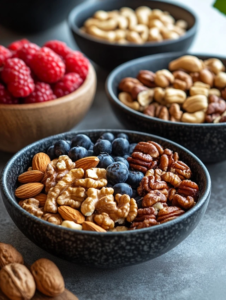
5. Quinoa: The Super Grain for Plant-Based Power
Why It’s Superior
Quinoa stands out as an exceptional grain, particularly for athletes following a plant-based diet. Unlike many grains, quinoa is a complete protein, meaning it supplies all nine essential amino acids. It’s not only an energy-packed carbohydrate but also a nutrient-dense food that supports muscle repair and sustained energy during long training sessions.
The Nutritional Edge
- Complete Protein: Quinoa’s balanced amino acid profile makes it a rare plant-based protein source, ideal for those who might not consume meat.
- Fibre and Carbs: It provides a steady release of energy, thanks to its complex carbohydrates and high fibre content, which helps regulate blood sugar levels during exercise.
- Minerals and Vitamins: Quinoa is rich in magnesium, iron, and B vitamins, all of which are essential for energy production and muscle function.
How to Enjoy Quinoa
- Salads and Bowls: Mix quinoa with roasted vegetables, beans, and a tangy dressing for a nourishing salad.
- Side Dishes: Serve quinoa as a substitute for rice or couscous alongside your favourite protein source.
- Breakfast Porridge: Cook quinoa in milk or a milk alternative, add some fruits and nuts, and enjoy it as a hearty breakfast cereal.
6. Sweet Potatoes: The Carbohydrate Champion
Why They’re More Than Just Carbs
Sweet potatoes are a standout source of complex carbohydrates that provide a steady and sustained release of energy—ideal for endurance athletes and those engaged in prolonged training sessions. They also offer an impressive nutritional profile that goes beyond simple energy.
Key Benefits
- Steady Energy Release: With a low glycaemic index, sweet potatoes help prevent sudden spikes and crashes in blood sugar, ensuring consistent energy levels during workouts.
- Beta-Carotene: High in beta-carotene (a precursor to vitamin A), sweet potatoes support vision and immune function, ensuring you maintain sharp focus during both training and competition.
- Fibre and Micronutrients: The fibre in sweet potatoes aids digestion, while the vitamins and minerals support muscle function and recovery.
Delicious Ways to Use Sweet Potatoes
- Baked or Roasted: Enjoy them baked, roasted, or mashed as a comforting side dish.
- Healthy Fries: Cut them into wedges and bake them for a nutritious twist on traditional fries.
- Smoothie Add-In: Blend a small piece of steamed sweet potato into your smoothie for added creaminess and a nutritional boost.
7. Avocados: The Creamy Heart-Healthy Superfood
Why They’re More Than a Trend
Avocados are celebrated for their rich, creamy texture and impressive nutrient profile. They are loaded with monounsaturated fats, potassium, and fibre—nutrients that are essential for maintaining cardiovascular health and ensuring proper muscle function.
Benefits for Athletes
- Heart Health: The monounsaturated fats in avocados help lower bad cholesterol levels and support overall heart health, which is critical for athletes engaged in cardiovascular-intensive sports.
- Potassium Power: Avocados are a great source of potassium, an electrolyte that plays a key role in muscle function and helps prevent cramps during and after workouts.
- Sustained Energy: Their healthy fats provide a slow-burning source of energy, ideal for keeping you fuelled during long training sessions.
Creative Avocado Uses
- Avocado Toast: Spread mashed avocado on whole-grain toast and top it with a sprinkle of salt, pepper, and red pepper flakes for a nutritious breakfast.
- Smoothies: Blend avocado into your smoothie for a creamy texture and added healthy fats.
- Salads: Add sliced or cubed avocado to your salads to boost flavour and nutrient density.
8. Eggs: The Breakfast Champions
Why They’re Essential for Muscle Repair
Eggs have long been a staple in the diets of athletes and fitness enthusiasts. Packed with high-quality protein and an array of essential nutrients, eggs provide the building blocks your muscles need for repair and growth. They are especially prized as a breakfast food, giving you the energy and nutrients required to kickstart your day.
Nutritional Highlights
- High-Quality Protein: Eggs offer all the essential amino acids necessary for muscle repair and growth, making them a perfect post-workout meal.
- Vitamins and Minerals: They contain vitamins such as B12, D, and choline—nutrients that support energy metabolism and brain health.
- Sustained Energy: The balanced mix of protein and fats in eggs helps maintain energy levels without the rapid spikes and crashes associated with more processed breakfast options.
How to Enjoy Eggs
- Scrambled or Omelettes: Prepare a protein-packed breakfast with scrambled eggs or omelettes filled with vegetables.
- Hard-Boiled: Keep hard-boiled eggs on hand for a quick, portable snack between workouts.
- Egg Muffins: For a convenient grab-and-go option, bake egg muffins with veggies and lean meats.
9. Broccoli: The Green Defender
Why It Deserves a Plate Spot
Broccoli is more than just a vegetable—it’s a nutritional powerhouse with properties that extend far beyond basic vitamins and minerals. Rich in fibre, vitamin C, vitamin K, and a unique compound called sulforaphane, broccoli offers powerful antioxidant and anti-inflammatory benefits.
Key Benefits for Athletes
- Anti-Inflammatory Properties: Sulforaphane helps reduce inflammation, which is crucial for speedy recovery after intense training sessions.
- Antioxidant Support: The antioxidants in broccoli help combat exercise-induced oxidative stress, protecting your muscles and supporting overall health.
- Digestive Health: Its high fibre content aids in digestion and helps maintain a healthy gut, ensuring optimal nutrient absorption.
Delicious Ways to Eat Broccoli
- Steamed or Roasted: Enjoy broccoli steamed with a squeeze of lemon or roasted with olive oil and garlic.
- Stir-Fries: Add broccoli to your favourite stir-fry dishes for a nutritious and crunchy texture.
- Smoothie Boost: For a creative twist, blend a small handful of broccoli into your green smoothie to pack in extra vitamins.
10. Greek Yogurt: The Dairy Dynamo
Why It’s the Dairy Star
Greek yogurt stands out as a nutrient-dense dairy option that supports bone health, muscle recovery, and digestive function. Rich in high-quality protein and calcium, it’s an ideal food for athletes who need to build and repair muscle while keeping their bones strong.
Nutritional Advantages
- Protein-Rich: Greek yogurt provides a substantial amount of protein, which is crucial for muscle repair and growth after strenuous workouts.
- Calcium and Bone Health: The calcium in Greek yogurt supports bone density—a key factor for athletes engaged in high-impact, weight-bearing activities.
- Probiotics: The beneficial bacteria in Greek yogurt help maintain a healthy gut, which is essential for overall nutrient absorption and immune function.
How to Enjoy Greek Yogurt
- Breakfast Bowls: Combine Greek yogurt with fresh berries, a drizzle of honey, and a sprinkle of nuts for a filling breakfast.
- Smoothies: Blend Greek yogurt with fruits and a bit of spinach for a protein-packed smoothie that’s perfect for post-workout recovery.
- Savoury Dips: Use Greek yogurt as a base for savoury dips or dressings that can elevate salads and veggie plates.
Conclusion: Fueling Your Body for Peak Performance
Fuelling your body with the right nutrients is just as important as the effort you put into each workout. By incorporating these 10 power foods into your daily diet, you’re not only supporting your athletic performance but also setting the stage for quicker recovery, sustained energy, and overall better health. From the nutrient-packed leafy greens and antioxidant-rich berries to the muscle-repairing salmon and protein-boosting eggs, each of these foods brings its own unique benefits to your plate.
When you combine these power foods strategically throughout your day, you create a balanced nutritional plan that supports every aspect of your training—from explosive power during intense workouts to the endurance needed for long-distance challenges. Remember that consistency is key, and a well-rounded diet that includes a variety of these foods can help you unlock your full athletic potential.
So, whether you’re hitting the gym, running on the track, or perfecting your yoga poses, let nutrition be your secret weapon. Train hard, eat right, and watch as your performance, recovery, and overall vitality soar.
Disclaimer: This blog post is crafted for informational purposes and isn’t an endorsement of any supplements. Consultation with professionals is vital when making health or athletic decisions.

